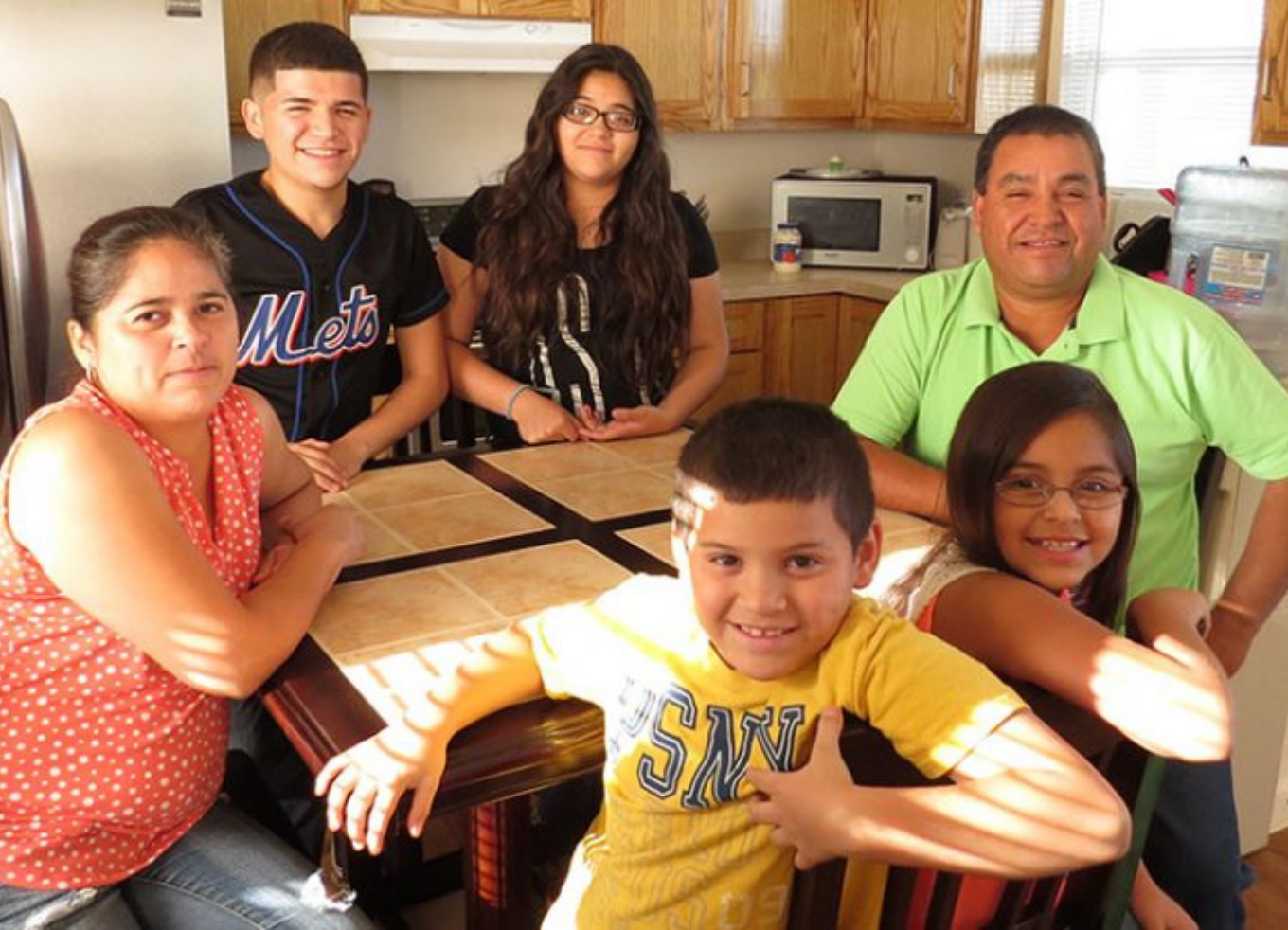
Texas CDFI Creates Innovative New Loan Option for Lenders
Client: Various
Client Location: Brownsville, TX
CDFI: Rio Grande Valley Multibank
CDFI Service Area: TX
Financing and technical assistance
Texas is one of the poorest states in the country; business is booming for predatory lenders. Payday, car title, and other high-cost, unscrupulous financing services make up a $6 billion-a-year industry that strips $1.5 billion in interest and fees from local economies. For consumers, the loans offer immediate financing when needed, but often trap borrowers in a cycle of debt.
“These payday lenders know they can make money here,” says Nick Mitchell-Bennett, Administrator for Rio Grande Valley Multibank (RGVMB), a CDFI based in Brownsville, Texas on the U.S./Mexico border. “Let’s set up shop in the poorest city in the poorest county in one of the poorest states in the country. That’s what they did. And Texas regulations make it easy for them to do so and to take advantage of people who need short term cash.”
RGVMB, a longtime mortgage lender in the Rio Grande Valley, recently became a consumer ally in combating predatory lenders when it launched Community Loan Center (CLC). The program provides easy-to-access loans that are designed with borrowers’ best interest in mind and to compete with harmful loans.
“Our partner nonprofit mortgage companies and nonprofit housing developers were seeing an uptick in payday and car title lending that was affecting buyers’ ability to apply for and be approved for a mortgage,” Nick explains. “We knew we had to do something about it.”
RGVMB and its partners spent 18 months discussing alternatives to predatory lenders. CLC was born from this effort.
The program offers employer-based, small-dollar, affordable loans using a franchise model, which has the ability to scale geographically. RGVMB is the leader in envisioning, piloting, and creating the innovative product and proprietary lending platform. The CDFI works with Texas Community Capital (TCC), an Austin-based nonprofit lending intermediary, to market CLC and recruit lenders in different markets. These lenders then enlist local employers, who integrate CLC into their payroll systems. Borrowers apply for the loan online and are approved or denied immediately. Loan payments are then deducted directly from paychecks.
Today, 10 mission-based lenders across three states—Texas, Indiana, and Maryland—offer CLC. More than 100 employers of different sizes include CLC and its optional financial counseling program in their benefits packages. In total, 15,000 CLC loans have saved 8,000 employees more than $7 million.
“What appealed to us about CLC is that it has financial guidance, sets a fixed rate, and is transparent to our employees,” says Charlie Cabler, City Manager of Brownsville, which employs 1,300 people. “More than 300 employees have borrowed from CLC. They appreciate knowing exactly what their payments are and when they will pay off the loan. It is a good benefit for the city and a good source of funds when employees have unexpected expenses, like a car repair or medical bill.” Without such a program, he says, “employees would struggle to find money or turn to predatory lenders.”
As CLC expands into new areas, more families will build stronger financial health and local economies will benefit from having local lenders offering responsible products.